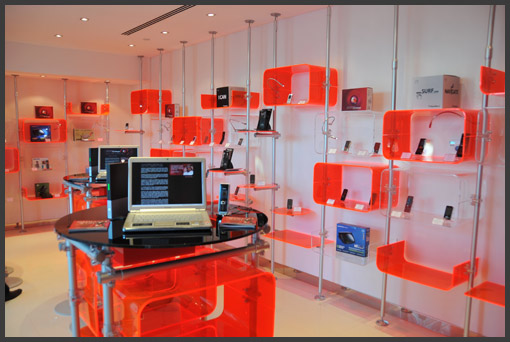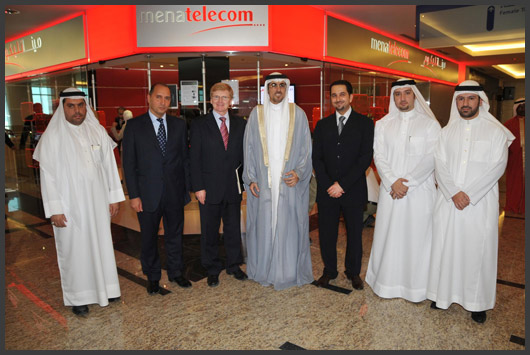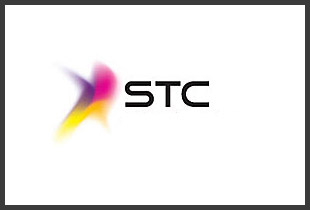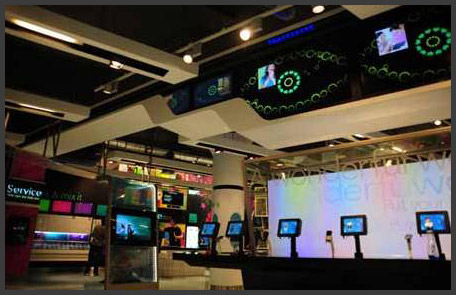Telecommunication in Bahrain: leading the Gulf’s ICT development
“ICT is crucial to the development of a country like Bahrain Telecom especially where it is moving to offer advanced services, financial services, and tourism, ICT is critical because these kinds of services rely on a sharing of, and access to, information. And the financial services require advanced broadband communications.” Dr. Laith Sadiq – CEO of MENA Telecom
In Bahrain, Telecommunication and Bahrain Telecommunications, dubbed Batelco, are synonyms. Gert Rieder , CEO of the state-owned former monopoly explains:
“Batelco has indeed played a significant role, and for the last 30 years has been the leading telecommunications company here in Bahrain. In whatever has happened since the liberalization I think Batelco has been the prime locomotive for that change.
We have invested a significant amount of money in building one of the most modern networks in the world both on the fixed network side and the mobile side.
And it has been a clear goal for Batelco to support the Kingdom in whatever way it can in building a superb modern infrastructure.”
In Bahrain, investments in the ICT sector (ICT stands for Information and Communication Technology) go beyond mobile connectivity with the Arabian mainland and the world.
“ICT is crucial to the development of a country like Bahrain especially where it is moving to offer advanced services, financial services, and tourism, ICT is critical because these kinds of services rely on a sharing of, and access to, information. 
And the financial services require advanced broadband communications”, emphasizes
Dr. Laith Sadiq , the CEO of MENA Telecom, a direct competitor of Batelco. Being technologically ahead of the mass is key for any operator.
Dr. Sadiq : “I think that the regulation in Bahrain is probably the most advanced in the region. What the Telecommunications Regulatory Authority (TRA) has done has been to enable a lot of new companies and innovative service to come into Bahrain.
For example, the WiMAX license that we competed for and earned about two years ago has allowed for new broadband services to come to Bahrain. This is one of the first in the region.”
Bahrain, which hosts a number of annual ICT conferences, even had a pioneering role:
“When we launched WiMAX here it was the first in the GCC counties and this allowed us to offer more advanced services to the citizens of Bahrain and allow for a better quality of service as well.”
However, it is clear, that the market growth in a country with 1.2 million people is limited. Batelco’s Gert Riederthought that two providers were enough: “We have mobile penetration well above 110% already and I didn’t think this country needed a third mobile operator.”
But this is exactly what happened. The TRA has recently licensed a third mobile operator, Saudi Telecom Company (STC).
TRA’s General Director Alan Horne does not agree withRieder. “The penetration figures are and will become increasingly irrelevant,” he claims.
“The penetration at the moment is measured by the number of sims per head, whereas now you have a sim increasingly in your camera, in your telephone, in your car, in many different devices, in your Ipod.
So every type of device will have some kind of device, which means it will connect to a network through radio and download music and information, give access to the internet.
All of us have many different types of devices. Already in some countries the penetration has reached more than 200 %, so it is no longer the relevant measure.”
With a population of only 1.2 million, this implied a per capita license fee of US$192 for Bahrain, which is high, compared to US$5.50 for the third license in the Islamic Republic of Iran and US$36.25 for Egypt’s third mobile license based on a population estimate of 80 million.STC certainly benefits from roaming revenues generated by Saudi citizens travelling to Bahrain via the King Fahad Causeway (arab. Dschisr Al Malik Fahd).
How does the management at Batelco think about increasing competition?
CEO Gert Rieder: “Everything is feasible. You can always buy your own market share but that is not healthy for anybody. Its not about getting 20% market share it is about getting 20% market share with a healthy bottom line. Everybody will struggle going into a market as number three in a market the size of ours.”
This is why Batelco decided to expand beyond the GCC. On January 19, Batelco agreed to acquire a 49% stake in Indian mobile operator S Tel Ltd for $225 million.
Island dreams
The local mobile telecom market moved so much into the limelight that the fixed line service has been awesomely neglected. More and more entrepreneurs complain about week-long delays when installing a simple phone in an office in Manama.
Mr. Zainalabedin , CEO of Zain Bahrain, does not hide the fact that that sector’s focus has been skewed so far.
“That happened simply because we had growth in the mobile market. We are now looking into the fixed and broadband markets in Bahrain,” he confirms.
Alan Horne appeals to everybody to report to the TRA if there are technical or service issues: “The TRA is here to help the consumer if they have any issues and problems.”
Horne, like any top manager whether in the public or private sector, has a duty to contribute to the project Bahrain Vision 2030.
Horne : “For the 2030 Vision, I imagine there are very few countries that have such a top level vision. The 2030 economic vision for Bahrain recognizes that the electronic highways are fundamental to economic growth, as well as fundamental to social inclusion and social development, education, e-government, e-health.”
Mohammed Zainalabedin has a similar vision:
“My personal dream is to see Zain Bahrain in the hearts of all my customers here in Bahrain. My personal dream is to transfer this mobile service today into a bouquet of services which really help all our customers to actually live their lives in a faster and more efficient way.”

The kingdom’s message is clear: “Do not hang up!”